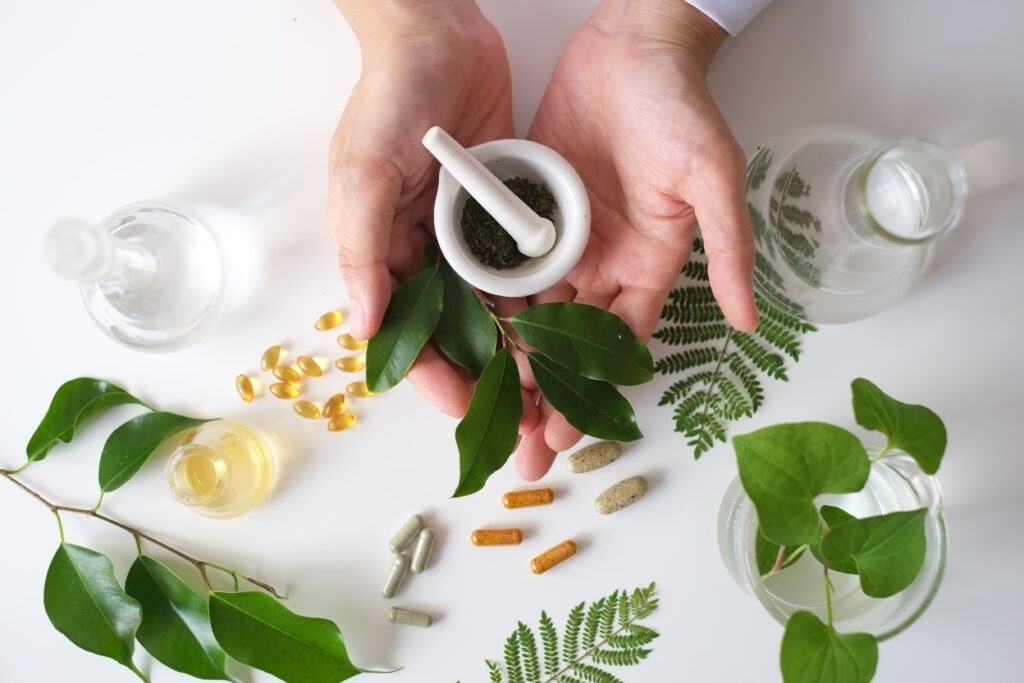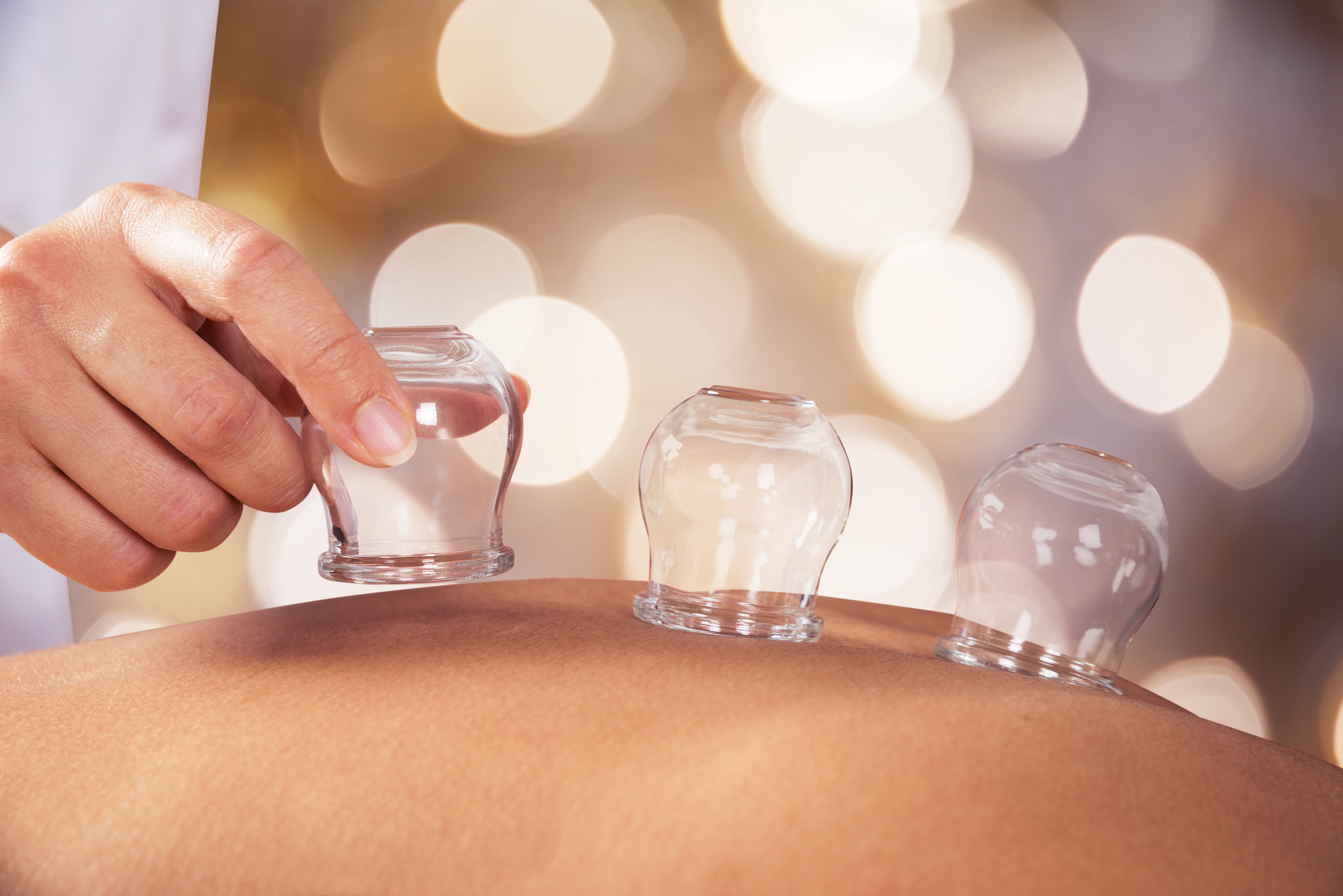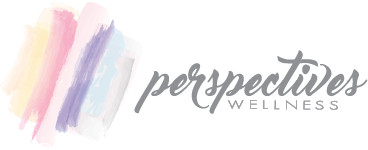What is Naturopathic Medicine?
As defined by the American Association of Naturopathic Physicians, Naturopathic medicine is “a distinct primary health care profession, emphasizing prevention, treatment and optimal health through the use of therapeutic methods and substances which encourage the person’s inherent self –healing process.”
The pillars of Naturopathic philosophy include:
The Healing Power of Nature
The human body is innately able to heal and repair itself.
Identify and Treat the Causes
Symptoms are the body’s warning signs that something is amiss and are indicators of the underlying cause of disease.
First, Do No Harm
Utilize the most natural, least invasive and least toxic therapies to achieve wanted outcomes.
Treat the Whole Person
The body is viewed as an integrated whole both the physical and spiritual. Each patient is unique and as such treatment is individualized to his or her specific condition and needs.
Doctor as Teacher
Patient education is key in the steps to achieving and maintaining health.
Prevention Beats Cure
Taking the precautions to prevent disease is much more effective than treating disease.
What is a Naturopathic Doctor?
A Naturopathic Doctor (ND) is an expert in natural medicine. NDs blend natural, non-toxic therapies with current advancements in the study of health and human systems. They are committed to bringing cutting edge medical knowledge and tools to the resolution of their patients’ health issues and to maintaining the agility necessary to create health solutions that can be uniquely tailored to each patient’s needs. NDs provide patients with the time, space and answers they need to feel cared for and supported. Naturopathic doctors attempt to find the underlying cause of the patient’s condition rather than focusing solely on symptomatic relief.
What type of training do Naturopathic Doctors receive?
Before being accepted into Naturopathic medical school, an individual must have obtained a degree from a 4-year college or university and completed all pre-medicine requirements. Naturopathic Doctors are graduates from 4-year professional level programs from accredited institutions (see below). Both the Naturopathic and conventional medical school curriculum consists of the same basic science courses. The ND curriculum differs from conventional curriculums in that it also consists of courses in clinical nutrition, homeopathic medicine, botanical medicine, skeletal manipulation, psychology and counseling. NDs spend the second half of their schooling working in outpatient clinics gaining clinical experience under the guidance and supervision of licensed health professionals (MD, DO, ND, DC). Graduates must then pass a series of clinical and board exams to obtain licensure. Additionally, opportunities exist to pursue further training in Residency programs.
- Bastyr University (Seattle, WA and San Diego, CA)
- Boucher Institute of Naturopathic Medicine (Vancouver, BC)
- Canadian College of Naturopathic Medicine (Toronto, Ontario)
- National College of Natural Medicine (Portland, Oregon)
- National University of Health Sciences (Chicago, Illinois)
- Southwest College of Naturopathic Medicine and Health Sciences (Tempe, AZ)
- University of Bridgeport College of Naturopathic Medicine (Bridgeport, Connecticut)
Even though Naturopathic medicine has gained momentum in recent years, the profession is still not licensed in every state. Currently, Ohio does not license Naturopathic Doctors. Efforts to promote licensure in Ohio are underway, if you would like to support these efforts, become more informed or be a part of the conversation please go to the Ohio Chapter of the American Association of Naturopathic Physicians at www.ocaanp.org for ways to get involved.
What is Oriental Medicine?
As defined by the National Certification Commission for Acupuncture and Oriental Medicine (NCCAOM) Oriental medicine is a comprehensive health care system encompassing a variety of traditional health care therapies including the practice of acupuncture, Chinese herbology and Asian bodywork therapy specifically gua sha, tui na, and cupping to diagnose and treat illness, prevent disease and improve well-being.
It is a highly effective health care system developed and refined in China over the last 4,000 years and as such is the oldest continually practiced form of medicine in the world.
What is Cupping?
Cupping is the term applied to a technique that uses either glass cups or bamboo jars as suction devices that are placed on the skin to disperse and break up congestion. There are several ways that a practitioner can create the suction in the cups.
Once the suction is created, the cups can either be left in place or moved across the skin. The suction causes the skin and superficial muscle layer to be lightly drawn into the cup creating an “inverse massage.” Rather than applying a downward pressure on the muscles, the suction uses gentle pressure to pull skin and muscles upward into the cup.
There are several theories on how cupping works; however, the most widely accepted is that it increases blood and lymphatic circulation to the area thereby improving nutrient and oxygen delivery as well as toxin and waste removal. Cupping is an excellent therapy to relieve pain and muscular tension, it also is effective in modulating the immune system and inflammatory processes.
What is Acupuncture?
Acupuncture is a modality of treatment within a system of medicine known as Oriental Medicine (OM). It is widely practiced both as a primary and adjunctive form of treatment for a wide array of medical conditions. Although standard protocols for certain conditions exist, the premise of Acupuncture lies in understanding an individual’s experience of disease by using his or her specific symptoms to tailor a treatment protocol unique to the patient. This is done by collecting diagnostic information including looking at the tongue, assessing wrist pulses, palpating areas on the body and asking specific questions relating to diet, lifestyle, and a review of body systems. Once a Traditional Chinese Medicine (TCM) diagnosis is achieved, the acupuncturist will determine how to affect the body’s “qi.”
Qi is the body’s energy. Although it cannot be physically seen as one sees blood, Qi is said to flow in specific vessels known as meridians each having acupuncture points located along its course. Meridians do not follow the same pathways as nerves or blood vessels; in fact, a skilled acupuncturist will adeptly avoid nerves and blood vessels during needle insertion. These meridians represent the major organs of the body. Each of the body organ systems must be in balance with itself and also with the other organ systems for overall health to be maintained. When a person is in a state of health, it is said that his or her qi is in balance. If there is an imbalance, disease occurs and it becomes necessary to restore the flow of qi. Restoring the flow of qi and balancing the body’s systems is done by selecting appropriate point combinations and inserting sterile, single-use metal needles in these points so that the energy flow can be brought back into balance. As is widely known and accepted, metal is an excellent conductor of energy. It is no surprise then that metal needles are used to manipulate the qi (energy) of the body.
Today, more than a million Americans enjoy acupuncture each year. The National Institutes of Health and the World Health Organization both acknowledge the efficacy of acupuncture in a variety of health conditions.
Is Acupuncture Safe?
Yes! A wonderful advantage of acupuncture is that it is an extremely safe method of treatment. Additionally, our practitioner has over 1,500 hours of training and has passed the national certification exams administered by the NCCAOM.
What is Trigger Point or "Dry Needling?"
Trigger point or “Dry Needling” is a form of acupuncture treatment that involves the release of trigger or pain points also known as “Ashi points.” This is helpful in the eradication of chronic and acute myofascial pain syndromes. By releasing trigger points, muscular tension is reduced and circulation is improved allowing the body to increase nutrient and oxygen delivery as well as waste and toxin removal from the muscles and surrounding tissues.
What is Botanical Therapy?
Botanical therapy also known as herbal medicine or phytomedicine refers to the use of various parts of a plant such as such roots, leaves, stems, flowers, bark or fruits for medicinal purposes. There are various categories of botanicals (Eastern, Western and Ayurvedic) and although there is overlap among these categories, the way in which the botanicals are used and combined differs.
Western botanicals may be prescribed in a formula or as single prescriptions for specific conditions. Eastern botanicals are used in Chinese herbology. Contrary to how western herbs or medicines are used, Chinese herbology places emphasis on the balance and interaction of all the ingredients in an herbal prescription instead of focusing on the individual ingredients in a formula. Additionally, ingredients from animals and minerals can be included in Chinese herbal formulas.
Perspectives Wellness only uses patent herbal formulas from herbal manufacturers whose products meet standards of testing and clinical effectiveness. All sources comply with FDA cGMP (link) standards. Furthermore, only products from herbal manufacturers that have discontinued the use of any parts from endangered species are prescribed.
What is Homeopathy?
Homeopathy is a form of nanomedicine. It works to stimulate healing and reduce susceptibility to disease using substances found in nature in extremely small quantities known as nanoparticles.
Homeopathic nanoparticles can initiate hormesis, a process that refers to the way the body adapts over time to low levels of stressors or toxins. Disease can be the result of this is adaptive capacity and symptoms we express when we are ill are a result of that adaptive state. Homeopathic remedies work by hormetically signaling your body to reverse the many adaptations it has made to combat infection or chronic stressors by stimulating your body’s innate ability to heal.
Homeopathy has been used clinically for more than 200 years and globally is a widely practiced system of medicine. It is among the safest therapies as the remedies are prepared in dilute formulas and under strict guidance of the FDA.
What services does Perspectives Wellness offer?
- Acupuncture
- Botanical therapy
- Homeopathy
- Nutraceutical supplementation
- Lifestyle and alimentary counseling
All fees for services are based on time and are due at time of appointment. For more information please call (216) 359 7189.
Can your services be combined with other medical care?
Absolutely! Our services work synergistically with other medical interventions and are intended to help your body perform its natural functions more effectively.
What conditions does Perspectives Wellness treat?
Please see the full list of conditions treated on our Patients page.
What should I expect during my appointment?
The initial visit lasts about 90 minutes and allows for an in depth review of your health history and present concern. At the end of the visit, you will receive a customized health plan tailored to your lifestyle and budget. We pride ourselves on getting to know you and work together to meet your unique health goals. Please bring completed new patient forms with you on your first visit.
Acupuncture sessions take place in a clean, comfortable and tranquil setting. Most patients find acupuncture to be very relaxing; in fact, it is not uncommon for patients to fall asleep during a treatment! Acupuncture does NOT hurt, on the contrary, most people barely feel the insertion of the needle. A sensation of heaviness may be felt in the points after needle insertion, this is completely normal and is explained as the “arrival of qi” to the point. All needles are sterile, single use, and made of metal. The needles are very fine and bear no resemblance to hypodermic needles—ones that are used during blood draws and other medical procedures.



